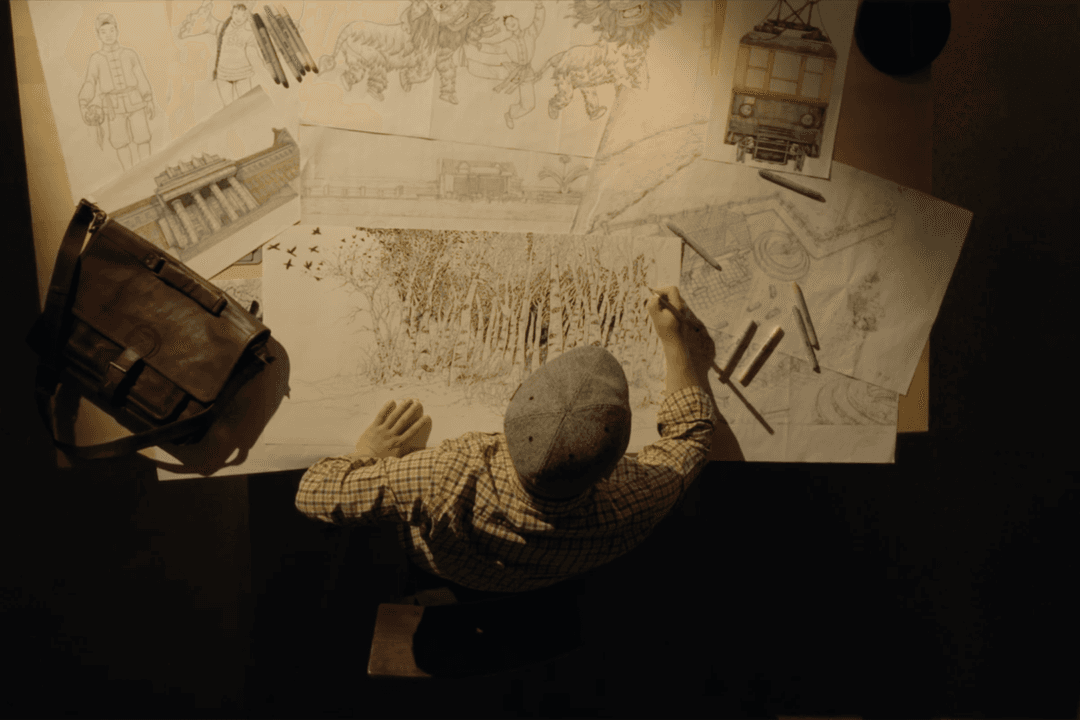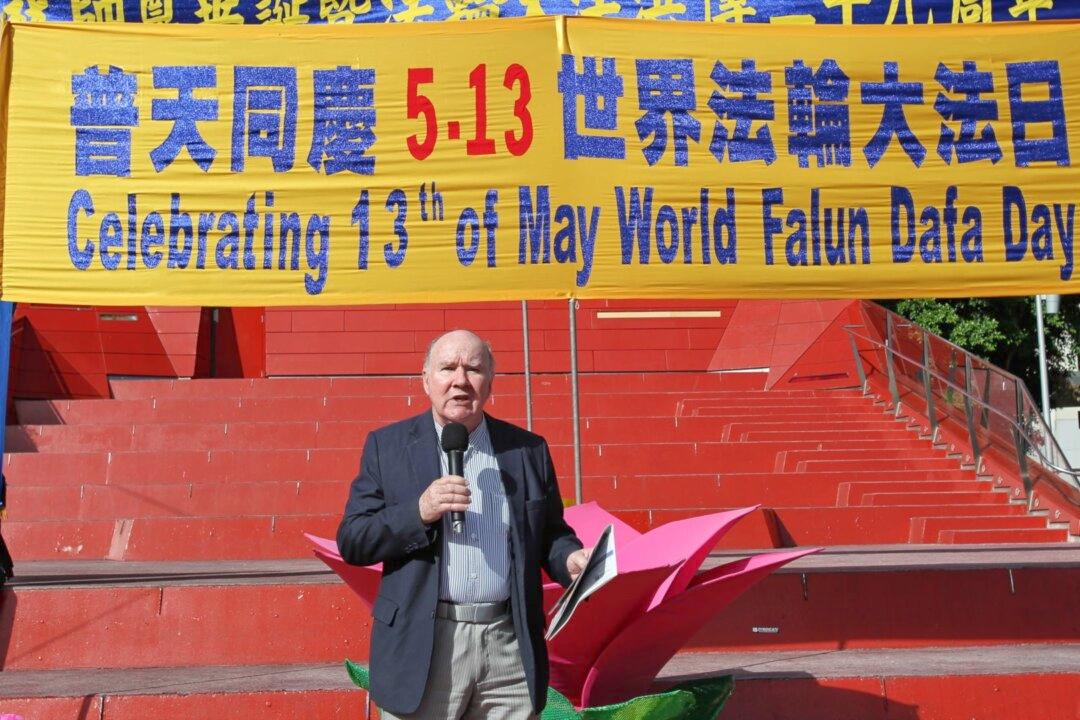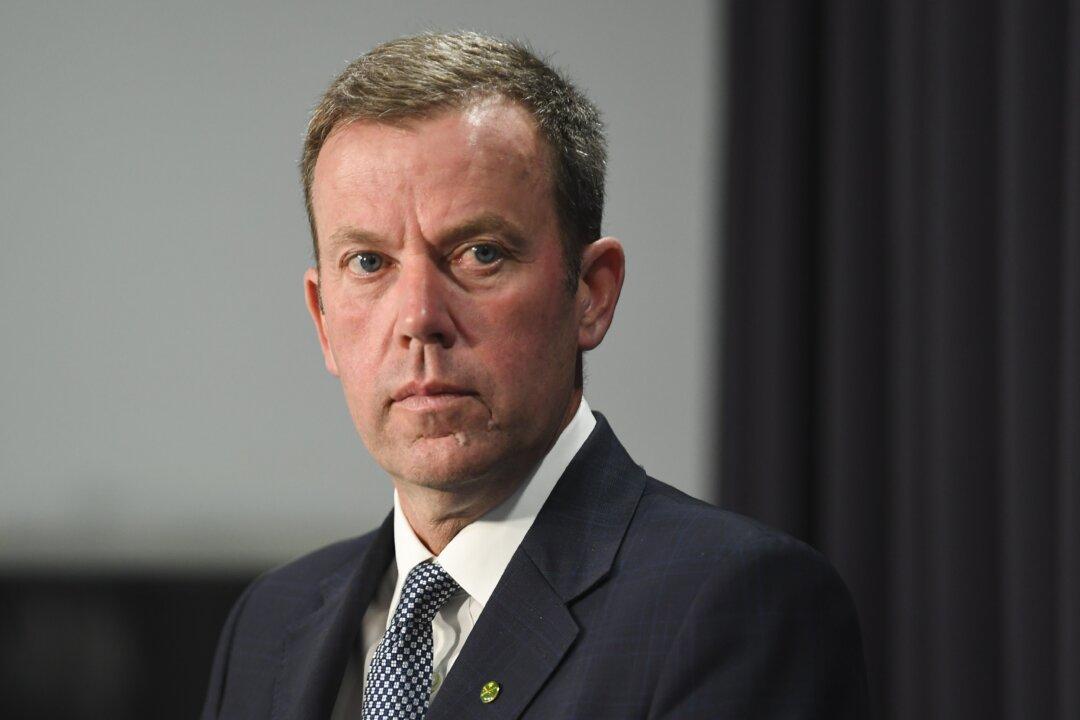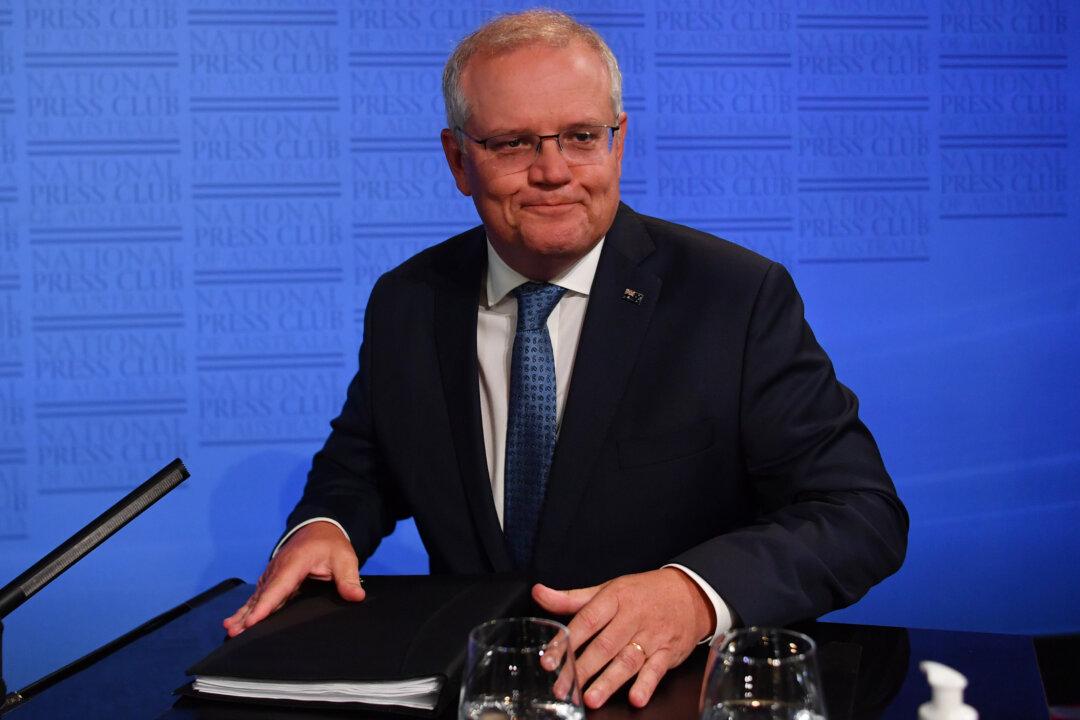Australia’s federal trade minister’s phone calls to his Chinese counterpart have gone unanswered, as Senator Simon Birmingham seeks to resolve the trade disputes about Australian barley and beef.
The Chinese regime is considering slapping an 80 percent tariff on barley imports following an 18-month anti-dumping inquiry and has also blocked Australian beef imports from four abattoirs.





